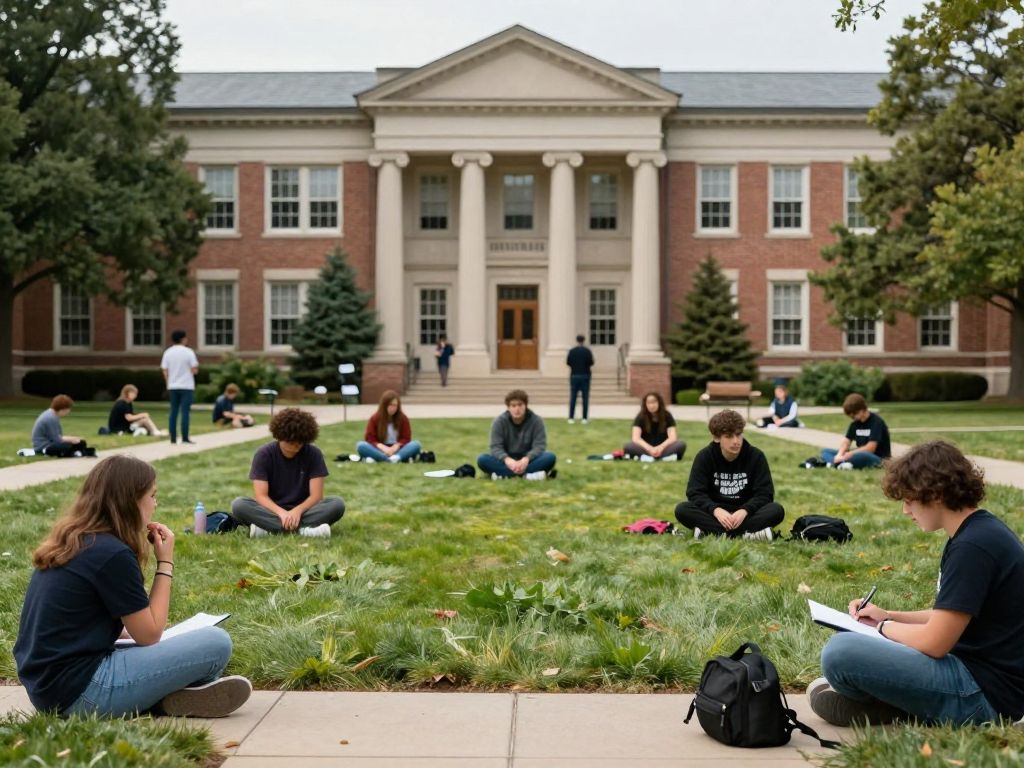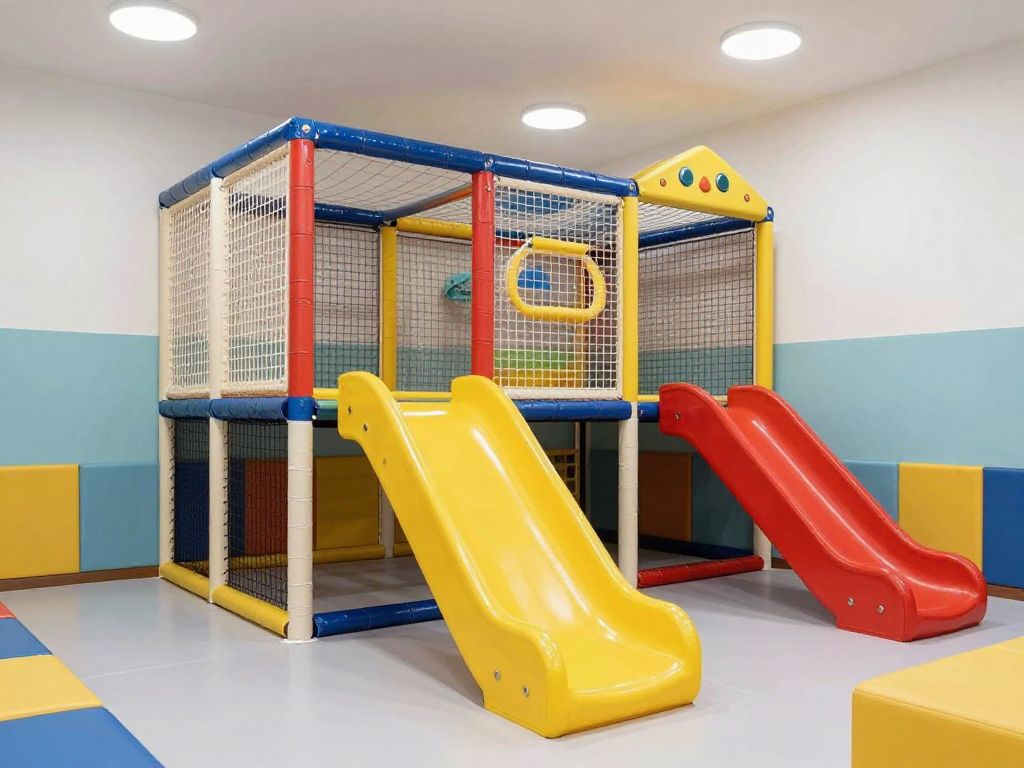News Summary
A new initiative in Phoenix focuses on providing critical support to homeless seniors facing mental health challenges. Led by ASU faculty and in collaboration with Central Arizona Shelter Services, the program employs the Montreal Cognitive Assessment (MoCA) to identify seniors with cognitive impairments. Early findings reveal alarming rates of cognitive issues among participants, highlighting the need for tailored support and care. With aspirations for expansion, this initiative aims to improve the lives of vulnerable seniors and address the visible needs of this often-overlooked population.
New Screening Test Aims to Assist Homeless Seniors in Phoenix
In the heart of Phoenix, a fresh initiative is gaining traction designed specifically to provide support for homeless seniors grappling with mental health challenges. Tackling the issue of homelessness with a newfound focus, this project is bringing hope and help to those who need it most.
Addressing Visible Needs
Led by an insightful assistant professor at Arizona State University, this initiative shines a much-needed light on the often overlooked population of seniors experiencing homelessness. The aim is clear: to challenge the “out of sight, out of mind” mentality that tends to accompany discussions around homelessness. Many individuals in the community crave visibility and support, and this project seeks to provide just that.
Collaboration with Central Arizona Shelter Services
This project is a collaborative effort with Central Arizona Shelter Services (CASS), specifically aimed at identifying seniors who might be struggling with cognitive impairments. With a focus on individuals aged 55 and older, the program employs a screening method known as the Montreal Cognitive Assessment (MoCA), which helps identify signs of mild cognitive impairment, such as dementia.
Surprising Findings Uncovered
Early findings from the screenings have revealed that around 90 percent of seniors tested showed signs of cognitive problems. It’s a startling statistic that underscores the urgent need for tailored support for this vulnerable group. If participants score below 24 on the MoCA, it triggers an immediate follow-up—an appointment with both CASS and the Circle the City memory clinic, ensuring that those in need receive timely evaluations and care.
Putting Patients First
Behind the scenes, dedicated clinicians are working diligently to assess the relationship between homelessness and cognitive issues among patients. Understanding which challenges came first is essential for creating effective pathways to recovery. Vulnerable patients who are discovered to have cognitive problems can transition from crowded living situations in shelters to more individualized support environments, which greatly improves their living conditions and overall health.
Measuring Progress
One of the fascinating aspects of this program is its commitment to ongoing assessment. After a month, screenings are repeated, and there’s often a welcome surprise—many participants show improvement in their cognitive scores. This not only boosts their confidence but signifies that the proper support is making a real difference in their lives.
Aiming for Expansion
Currently focused on the seniors at CASS, this important screening program has aspirations for growth and expansion. The call for fundraising and donations is essential; community support will help ensure the longevity and success of this valuable initiative. With more resources, the program can reach a broader scope of individuals who are in need of help.
The Heart of the Matter
It’s essential to remember that most individuals experiencing homelessness genuinely want to overcome their challenges. However, social invisibility can make it difficult for them to seek and receive the assistance they need. Through dedicated efforts like this screening program, the aim is to highlight the prevalence of mental wellness challenges among the homeless senior population, bridging the gap between those in need and the resources available to help them.
Hope on the Horizon
In Phoenix, efforts to address the unique challenges faced by homeless seniors are making headway, and with increased awareness and support, we may see a brighter future for this vulnerable group. By focusing on cognitive health and creating pathways to support, the landscape of homelessness for seniors could transform, bringing much-needed uplift and hope to those who are often forgotten.
Deeper Dive: News & Info About This Topic
HERE Resources
Arizona Faces Critical Housing Crisis
Additional Resources
- 12 News: New Valley Program for Homeless Seniors
- The New York Times: Medical Respite Care for the Homeless
- AZ Central: Heat-Related Deaths in Phoenix
- The Washington Post: Seniors and Homelessness
- Arizona Mirror: Shelters for the Homeless
- Wikipedia: Homelessness
- Google Search: Homeless Seniors
- Google Scholar: Homeless Seniors Dementia
- Encyclopedia Britannica: Homelessness
- Google News: Homeless Seniors

Author: STAFF HERE PHOENIX WRITER
The PHOENIX STAFF WRITER represents the experienced team at HEREPhoenix.com, your go-to source for actionable local news and information in Phoenix, Maricopa County, and beyond. Specializing in "news you can use," we cover essential topics like product reviews for personal and business needs, local business directories, politics, real estate trends, neighborhood insights, and state news affecting the area—with deep expertise drawn from years of dedicated reporting and strong community input, including local press releases and business updates. We deliver top reporting on high-value events such as the Waste Management Phoenix Open, Cactus League Spring Training, and Arizona State Fair. Our coverage extends to key organizations like the Greater Phoenix Chamber of Commerce and Visit Phoenix, plus leading businesses in technology and healthcare that power the local economy such as Intel and Banner Health. As part of the broader HERE network, including HERETucson.com, we provide comprehensive, credible insights into Arizona's dynamic landscape.





